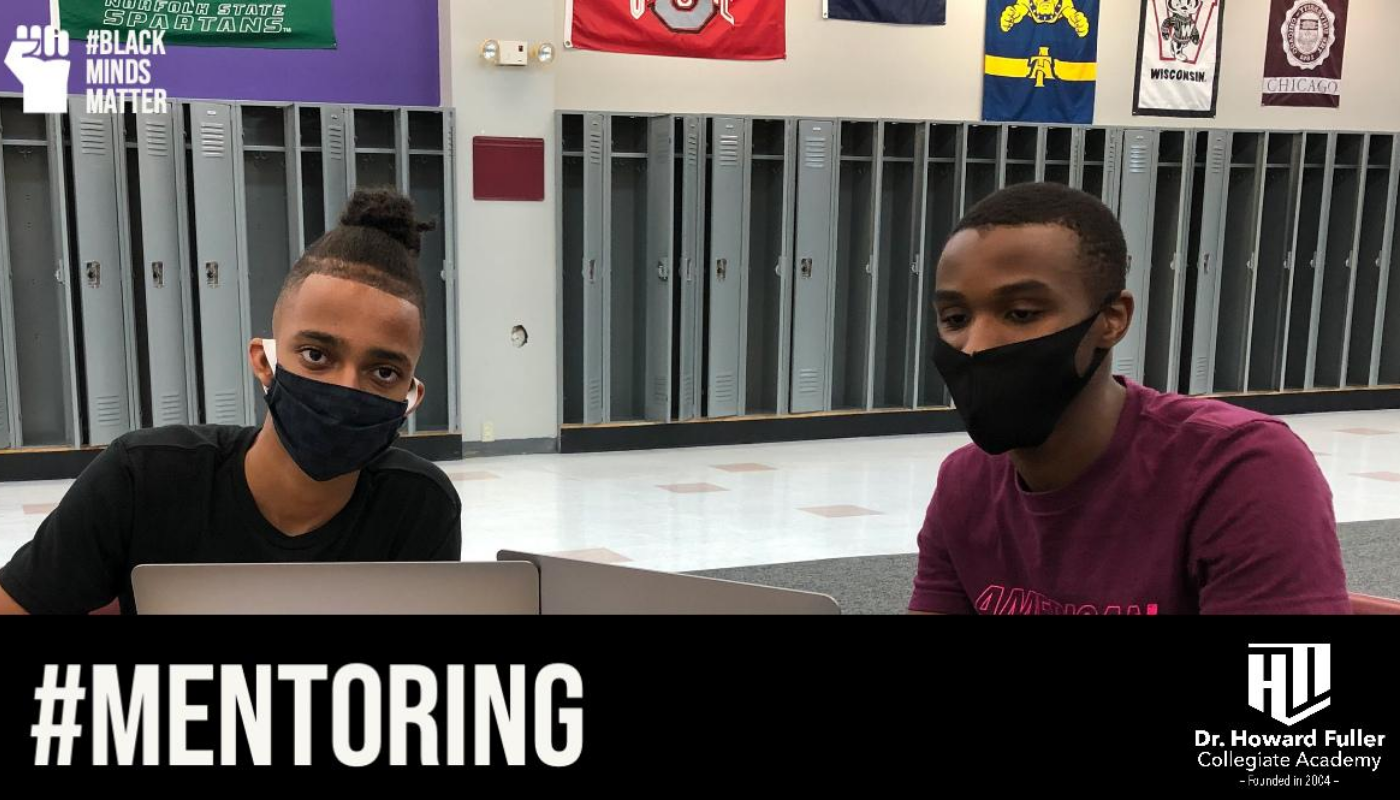
Throughout last spring, teachers at Dr. Howard Fuller Collegiate Academy (HFCA) posted a weekly “Friday Shout-Out” video on YouTube dedicated to their students.
“Hey HFCA! I hope everyone’s staying safe,” said Math teacher Amy Webb during the March 20 video that wrapped up the first week of distance learning for the Milwaukee, Wis., public charter school.
“It’s making me feel like we’re still connected even in this really weird time,” said Social Studies teacher Courtney Steggall, who proceeded to “shout out” several students who interacted with her online posts and showed curiosity in their work.
Both Webb and Steggall acknowledge now that there was a lot of uncertainty when the nation’s education system had to pivot suddenly because the COVID-19 pandemic forced school buildings to close.
But a big reason why the HFCA educators were able to confidently display their enthusiasm on those early “Shout-Out” videos was because of the foundation that had been laid by the Summit Learning program. Instead of fretting about how their students could access their academics, Webb and Steggall were able to focus right away on strengthening, not establishing, personal connections within their classes.
Webb said it “wasn’t as difficult of a transition” for HFCA compared to what she’s heard from other schools. The difficulty of not getting feedback from an in-person instructor eased when her students grew accustomed to learning math through discussion boards and virtual breakout rooms and to sharing interactive work as a group.
Steggall, who has taught Social Studies with Summit Learning for four years and was instrumental in HFCA’s overall implementation of the program, credited the program’s Habits of Success with helping the change to distance learning.
“A lot of students at first said, ‘I can’t learn this way,’” Steggall said. “Once students started to watch the lessons and use the examples we uploaded, most students started to realize they could be more independent than they thought. This taught us as a school that we need to focus more on habits.”
Habits of Success is one of three key components of the Summit Learning program that addresses mindsets and behaviors that support academic success and the well-being of students. As HFCA teachers prepare to continue remote learning to open the 2020-21 school year, the social and emotional aspects of learning will take high priority. That will lead to more of an emphasis on one-on-one mentoring with students to discuss all aspects of their life and not just their schoolwork.
Webb and Steggall said the inconsistency of the engagement levels among students with mentoring was a noticeable roadblock they plan to address this fall.
“This spring taught us how important it is to develop those relationships as quickly as possible so that they feel like it’s not just another thing they have to do,” Steggall said. “We’re hoping for more engagement with mentees next fall.”
The teachers are also planning to eliminate some of the information overload for students by making sure educational materials can be easily located within Summit Learning.
“All resources need to be in one place for consistency,” Webb said.
That not only benefits the students, but it also helps their parents who are playing a big role in the day-to-day learning.
“Parents want to be involved and monitor progress, but because there were so many different assignments in different places, they didn’t know how to verify their child’s work,” Steggall said.
HFCA is scheduled to open the new school year virtually on Aug. 31 and will remain that way through at least Oct. 30. After that, they hope to be able to reopen for face-to-face hybrid instruction.
But whatever happens during the upcoming school year, the teachers know they can’t do it alone and are thankful for the Summit Learning program and the confidence it has helped instill in their students.
“Before we implemented Summit, there was a lot of apathy around grades and academic progress among many of the students,” Steggall said. “With Summit, students took more control of their progress. Components helped students take charge rather than just being along for the ride.”

